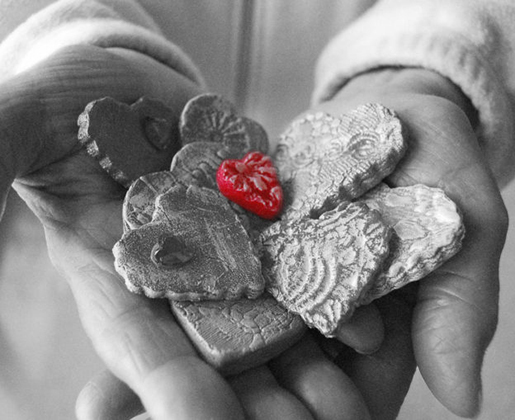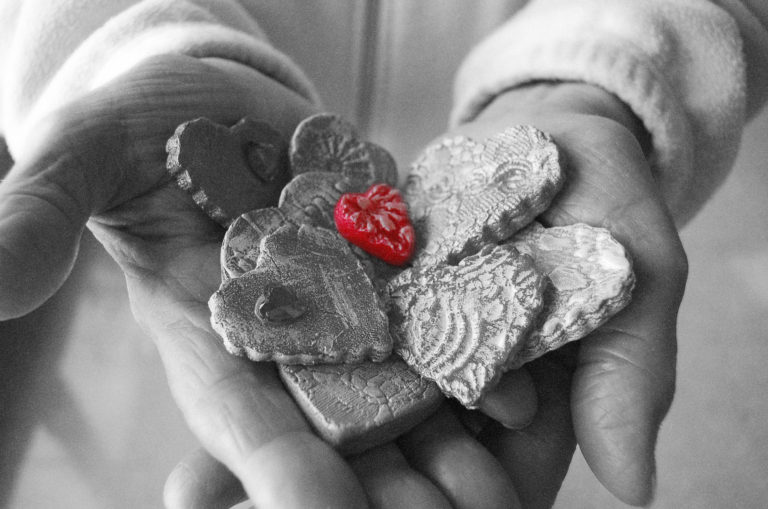Each October we observe Respect Life Month in dioceses throughout the United States. Although ending abortion remains a priority of the utmost importance, threats to the disabled and those at the end of life deserve our attention as well. The legalization of medically assisted suicide in Canada in June should serve as a wake-up call compelling us to reach out in solidarity to our most vulnerable brothers and sisters.
Like abortion, the operative words in the campaign for physician assisted suicide are “personal choice,” “autonomy” and “control.” Compassion and Choices, the leading pro-assisted suicide organization in our country, cites a 2015 Gallup survey claiming that seven in ten Americans believe that doctors should be able to help terminally ill individuals end their lives “on their own terms … by some painless means.” The organization’s website talks about ensuring that “you get what you want — and avoid enduring anything you don’t” in relation to end-of-life care.
These sentiments strike me as particularly sad. I believe that they are based on two troubling attitudes in our contemporary society: a loss of the sense of God — which leads to the mistaken idea that we are the masters of our own lives — and a corrupt idea of compassion. Our culture has taken this beautiful word and turned it upside down. Compassion literally means “to suffer with;” it does not mean to terminate another’s life. Compassion is the reaction that arises when you are confronted with another’s suffering and feel motivated to relieve it. It is not pity; nor does it entail eliminating suffering by eliminating the person who suffers.
In a speech to Latin American Medical Associations this past summer Pope Francis dwelt on the profound meaning of this virtue. “True compassion is undertaking to bear the burden … This would mean the triumph over selfishness, of that ‘throw-away culture’ which rejects and scorns people who do not fulfill certain criteria of health, beauty and usefulness.… Compassion, this suffering-with, is the appropriate response to the immense value of the sick person, a response made out of respect, understanding and tenderness, because the sacred value of the life of the sick does not disappear nor is it ever darkened, but rather it shines brighter precisely in their suffering and vulnerability.”
He continued, “Fragility, pain and illness are a difficult trial for everyone, even for the medical staff, they are an appeal for patience, for suffering-with; therefore we cannot give in to the functionalist temptation to apply quick and drastic solutions, stirred by false compassion or by simple criteria of efficiency and economic saving. The dignity of human life is at stake; the dignity of the medical vocation is at stake.”
Pope Francis summed up his message to health professionals by quoting the counsel of St. Camillus de Lellis, the patron of nurses and the sick, to his followers: “Put more heart in those hands!” This is excellent advice for all of us. If we wish to see a society that appreciates the inviolable dignity of human life and knows how to practice true compassion, we could have no better prayer than to ask God to “put more heart in our hands.”
With more heart in our hands may we reach out to offer practical help to women in difficult pregnancies and young families in need. May we show mercy by feeding the hungry and helping the homeless to find dignified housing. With real compassion may we offer words of encouragement to the doubtful, speak the truth in a loving way to the ignorant and offer a shoulder to cry on to someone grieving the loss of a loved one.
With more heart in our hands may we bring a home-cooked meal to a shut-in, take a long walk with a grandfather suffering from Alzheimer’s, or offer an elderly neighbor a ride to church. Finally, with more heart in our hands may we have the compassion and courage to stand with a dying loved one to the very end, embracing them in a way that lets them know they are still worthy of our attention and care, and that they are awaited by a God who loves them even more than they can imagine.
This October may we realize that after all is said and done, the Culture of Life begins in our hearts and our hands!
Sr. Constance Veit, l.s.p.


